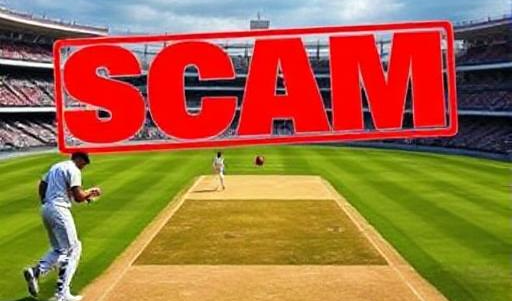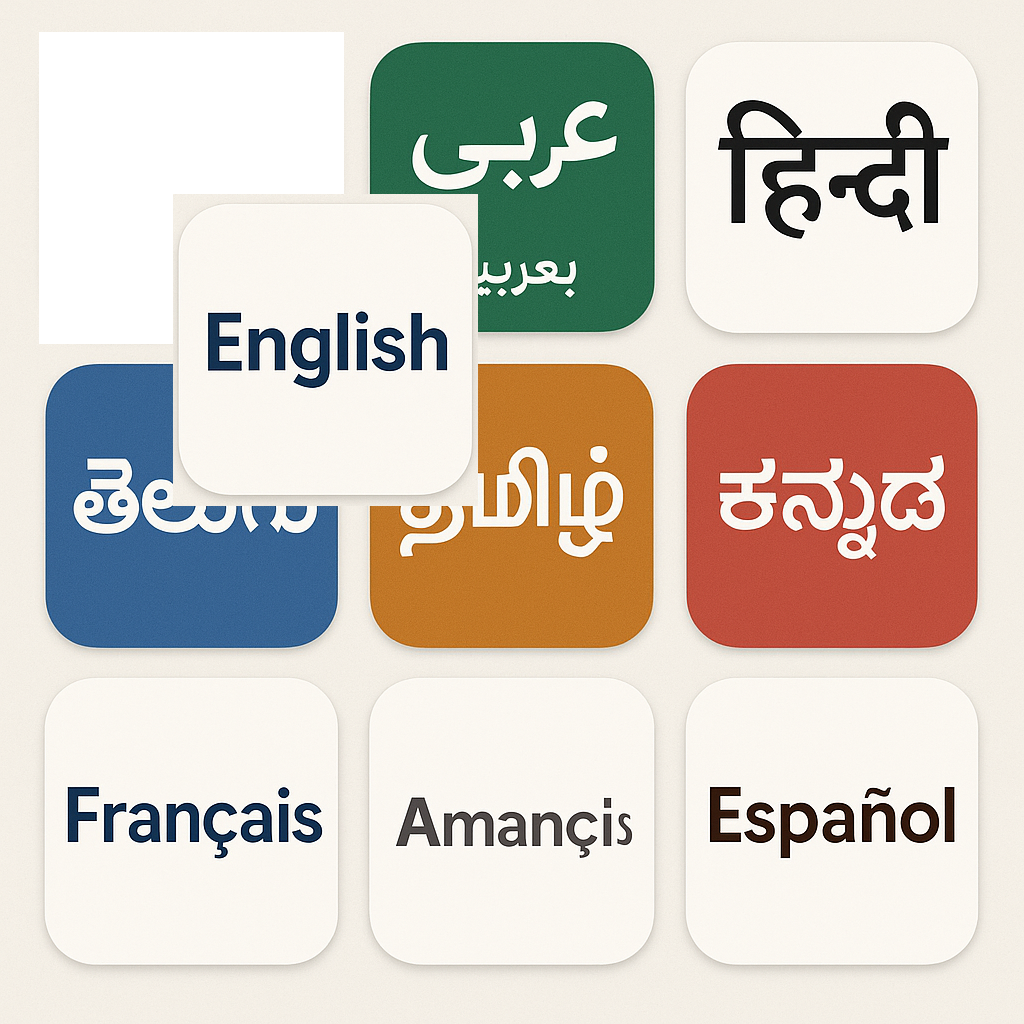Unravelling the "100 Crore Cricket Scam": A Deep Dive into a Russia-Controlled Betting Operation!
The "100 crore cricket scam," initially reported in 2022, unveiled a sophisticated, Russia-controlled betting operation that exploited the passion for cricket in India. This incident, which first came to light in a small village in Gujarat, Molipur, serves as a stark example of a larger, illegal betting industry worth thousands of crores.
The Molipur Incident: A Fake Cricket League
The scam involved staging fake cricket matches in Molipur, a village in Gujarat's Mehsana district with a population of only 5,000. Historically, Molipur is a peaceful village with a very low crime rate, where local disputes are resolved by village elders. However, in June 2022, this changed.
- Elaborate Setup: Matches, such as "Chennai Fighters versus Gandhinagar Challengers," were live-streamed on YouTube to gamblers worldwide. The setup was remarkably elaborate, mimicking professional cricket with IPL-style kits, proper scoreboards, floodlights, and live commentary broadcast over loudspeakers. To create a convincing atmosphere, fake crowd noise was also generated through loudspeakers. However, key tells included the camera focusing only on the pitch, not following the ball, and umpires signalling a six even when the ball had bounced multiple times.
- Player Recruitment: Local resident Shoeb Davda, who had returned from Russia, recruited young men from Molipur and surrounding villages. He enticed them with an offer of ₹400 per match, which was twice the income from farming in the scorching sun. Players were given new jerseys and would play for different teams, like "Chennai Fighters" instead of "Chennai Super Kings". Many of these players were unaware they were part of an international betting scam.
- The Command Centre: The operation was controlled from a small tent at the field's corner, strictly off-limits to players. Inside, Shoeb, along with Saifi Saqib (an engineer from Meerut responsible for the live stream) and Rishabh Jain (a local cricket coach), monitored computer screens displaying instructions from a Telegram app. It was clear that these matches were not real; they were being remotely controlled from Russia, with Shoeb relaying orders to the umpire via walkie-talkie and text messages.
The Investigation and Police Raid
Constable Abdul Ghaffar of the Mehsana Special Operations Group (SOG) initiated an investigation based on a tip-off about gambling. Initially, he thought it might be a minor scam, but his observations revealed the grand scale of the setup. The mention of "Russia and live streaming" quickly elevated the case's seriousness for senior police officials.
Police Inspector Bhavesh Rathod's team spent 15 days observing and researching the operation. They confirmed that matches were superficially broadcast on a small app called "cricheroes" to create a facade of legitimacy. The entire spectacle, from the live scoreboard to the crowd's screams, was fake. Following the collection of evidence, a raid was executed on 7 July 2022. During the raid, umpires fled, but many players remained, oblivious to the international scam they were involved in. Shoeb, Saifi Saqib, and the umpire were arrested, and all associated equipment – cameras, floodlights, speakers, and jerseys – was recovered.
The Masterminds and the Global Network
The investigation quickly revealed that the Molipur scam was not an isolated incident but part of a wider, multi-state and international operation.
- Shoeb Davda's Complex Role: While seemingly an organiser, Shoeb's story presented him as both a perpetrator and a victim of circumstance. Facing financial hardship after his bangle store closed during COVID-19, he sought illegal work in Malta, which led him to Moscow in January 2022. Stuck in Russia, he was offered a "strange job" playing fake cricket for online betting, earning $700 (approximately ₹50,000) a month. Upon his return to India, Russian handlers offered him ₹60,000 a month to replicate the fake league in his village, with funding for the setup provided through hawala. Although Shoeb amassed significant wealth, buying properties and cars, many villagers he recruited did not receive their promised payments and faced defamation and ongoing court proceedings. He remains an outcast in his village.
- Ashok Chaudhary: The True Mastermind: The investigation identified Ashok Chaudhary, an Ayurvedic medicine importer from Uttar Pradesh, as the actual mastermind. Having moved to Russia in the late 1990s, he established a network of Indians and Pakistanis in local cricket leagues there. Ashok had pioneered and perfected the concept of fake cricket in Uttar Pradesh years before, complete with fake umpires, tripods, and even hiring professional cricketers like Rishabh Jain for training to enhance the players' on-stream appearance. He instructed Shoeb to replicate this successful model in Gujarat.
- The International Nexus: Four key figures orchestrated this illegal operation:
Ashok Chaudhary (managed the scam in India).
Mohammad Asif (a Pakistani-origin Russian, controlled operations from Moscow).
Mama (a Pakistani agent, known only by his nickname).
Misha (a Russian fixer who coordinated messages and was Shoeb's handler).
This entire enterprise was illegal, with lakhs of crores of rupees transferred through the Hawala network.
The Global Betting Company's Deceptive Strategy
These masterminds were ultimately working for "one of the biggest betting companies in the world". This company, which cannot be named due to YouTube policy, operates globally across various sports, not just cricket.
- Egagement, Not Direct Betting: The primary objective of these fake games is not to generate direct betting revenue from the specific matches. Instead, their purpose is to "keep people engaged". The company understands that experienced gamblers are unlikely to bet on such obviously fake games. However, by capturing their attention, these games serve as a gateway to direct users towards other, high-margin betting opportunities such as online casinos, slot machines, and VIP sports betting, where the betting margin can be over 50%, significantly higher than the typical 10% for traditional sports betting.
- Evasion and Persistence: Despite being banned in most countries, the company maintains a global presence. Its headquarters are in Cyprus, and its licence originates from a small Caribbean island. To circumvent government bans, the company continually creates duplicate websites with new URLs, making it challenging for authorities to effectively block them.
The Ongoing Challenge of Illegal Betting in India
Online betting has surged in India, often promoted by influencers and actors. The Hawala network plays a crucial role in facilitating these illegal financial transactions, with companies frequently using UPI by disguising transactions as sales of unrelated goods like clothes or toys.
- Government Response and Loopholes: The government has taken steps, reportedly banning real money gaming in August 2025. However, there is concern that the effectiveness of such laws might be limited. Offshore betting companies are becoming more active, attracting Indian users with significant sign-up bonuses. As legal betting is not permitted in India, there's a risk that these activities could simply migrate further into the realm of illegal betting.
Aftermath and Unresolved Issues
While Shoeb Davda has accumulated substantial wealth and faces several court cases, key masterminds like Ashok Chaudhary, Misha, and Mama are reportedly still at large. Many of the unemployed boys and poor farmers who trusted Shoeb now find their lives complicated by ongoing court proceedings and regret their involvement. The incident highlighted the vulnerability of communities and the pervasive reach of organised illegal betting operations.
Prev Article
Sanitation workers stage flash protest against privatization
Next Article
How Two Americans Scammed Indian Option Traders :The Jane Street Scandal Explained!










